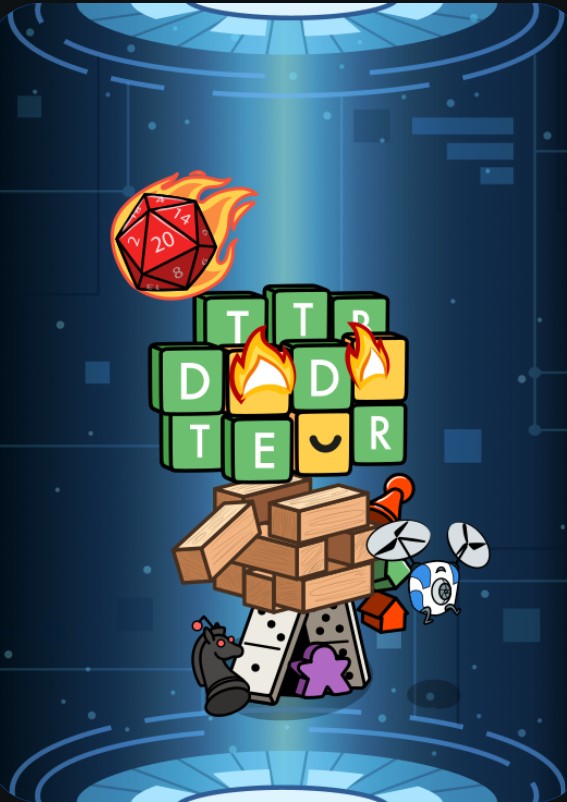- 0 Posts
- 10 Comments

 5·4 days ago
5·4 days agoNewsmedia that repeat blatantly pro-fash talking points as headline grist, are complicit

 5·18 days ago
5·18 days agoWe also throw away approximately half the perfectly good food we produce in the U.S.

 6·18 days ago
6·18 days agoMeal planning is overwhelming to me, so I made a habit of rotating a selection of staple meals with fewer, more stable ingredients. PB or eggs scrambled with cheese on toast for a breakfast. A salad of chickpeas, carrot, broccoli and avocado with a whole-wheat roll, or a lentil/rice bowl, for lunch. Precook larger batches of freezer-friendly staples like chickpeas, lentils, rice, turkey burgers, meatloaf, tomato gravy - reserve 2-3 days’ supply and freeze portioned batches of the rest. Allow yourself less experimental ingredient buys per grocery run - so if it turns out they don’t synergize with your staples, you’re not accumuating a lot of dead-end ingredients.

 14·19 days ago
14·19 days agoFond memories of drowning in Quake {1996}

 3·22 days ago
3·22 days agoI do like pineapple in Asian chicken/rice dishes, but I was raised on beef burgers topped with pickle, ketchup, cheese, lettuce, tomato and bacon and that’s my burger comfort zone.

 1·2 months ago
1·2 months agoI don’t think you can boil it down further, and that’s why Western law is an evolving patchwork of codes and penalties that vary from jurisdiction to jurisdiction. Too many nuances, situational factors, edge cases and value priorities that vary from persn to person (and culture to culture) to decide every imaginable scenario consistently.
If you’re not familiar, you might gain some perspective from a summary read about Goedel’s Incompleteness Theorems. Goedel’s Proof deals with systems of logic, where logic is something we hope for in systems of law. Goedel’s Proof shows that a “sufficiently powerful” system of logic is necessarily incomplete - that is, we can pose problems in mathematical-systemic terms that have no solutions under that system.
In mathematical logic we have “axioms” like “1+1=2” or “a triangle is a plane figure defined by exactly 3 lines”. In law, axiom-like propositions are called “maxims”, often stated in Latin, and convey foundational legal principles like “contracts must be honored”, or “people can own things”. In a hypothetical properly Communist society, and by “proper” I mean to exclude failed would-be Communisms like the USSR or PRC, “people can own things” isn’t necessarily a maxim; they might instead have a maxim that codifies “things belong to the State” and exclude any notion of individual ownership.
The implication for legal systems is that there are inevitably legal disputes that can’t be decided strictly by the letter of the law, so we have to fall back on fiat of judicial opinion.

 71·2 months ago
71·2 months agoMost other animals develop rapidly from birth to self sufficiency, while humans are born so very unfinished - totally dependent on others for our most basic needs, for years and years. If any values can be said to resonate with “human nature”, it’s prosocial and community-building values.
Just about every major religion glorifies some version of The Golden Rule - do unto others as ye would be done by.
deleted by creator

 20·3 months ago
20·3 months agoLots and lots of people, actually. Many identify with the tough-talkin’ images being projected, believing it’s just what the world needs and that the magic sorting hat will assign them to the privileged class when the dust settles.


The opposite of authoritarian extremism is probably libertarian extremism